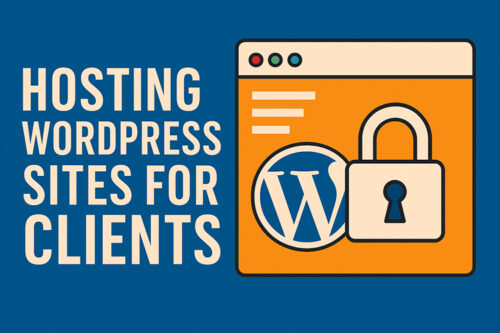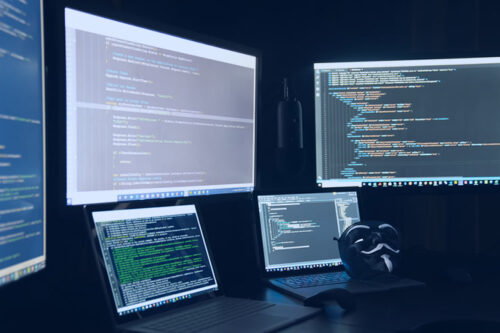


How to Guide Your Clients to the Best WordPress Solutions

How WordPress Agencies Can Improve Site Building Efficiency

10+ Best Free Invoice Templates for Freelance Designers & Developers in 2025

How to Define the Goals of Your Website Redesign

The Cupcake Method for Improving Your Design Workflow

The Best Practices for Managing Your Client’s WordPress Sites

Good Font, Bad Font: How to Pick the Best Font

How to Do Away With Bad Design Ideas & Move on to the Good Ones

How to Find & Use Your Own Design Voice

How to Explain WordPress Maintenance to Clients in Simple Terms

The 10 Golden Rules of Simple, Clean Design

Leveraging the Power of Sushi to Improve Your Designs

How AI Changed My Web Development Workflow

How to Set Up Your WordPress Agency for Long-Term Success

The Unexpected Roles of Web Designers

What New & Inexperienced Designers Be Learning
